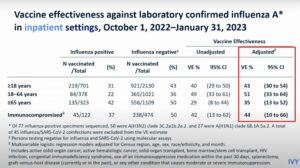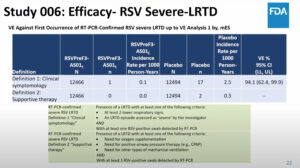Researchers from the British Columbia Cancer Agency and UBC Vancouver Coastal Health have found a protein present in the malaria parasite that easily bonds with a sugar molecule found in most cancer cells. The discovery stemmed from a study examining why pregnant women are uniquely susceptible to malaria. It seems that the sugar molecule that attracts the protein from malaria is also found in the placenta. VAR2CSA, as the protein is known, has the requisite biochemical properties necessary to make it an effective courier for delivering toxins directly into cancer cells.
Mads Daugaard, PhD and the team at UBC contacted John Babcock of the Centre for Drug Research and Development (CDRD) to test this theoretical treatment. The initial study results showed that the VAR2CSA-toxin compound could kill 95% of the cancers tested. The team then moved on to testing the compound in mice. 33% of the mice in the prostate cancer trial had their tumors completely destroyed after their first dose. 83% of the mice in the metastatic breast cancer trial “were cured from metastatic disease.” The mice appeared unharmed by the therapy and did not present with any side effects.
Click here to read the article from the UBC news portal. Read the Cancer Cell article about this research by clicking here.




